You'll find three reliable natural preservatives to protect your oil perfumes: benzyl alcohol, sorbic acid, and essential oil blends. Benzyl alcohol, found in jasmine and fruits, offers broad-spectrum protection with an almond-like scent. Sorbic acid provides potent antimicrobial defense while remaining gentle on skin. Essential oil blends, like rosemary and grapefruit, work together for enhanced preservation. Understanding how to properly use these preservatives will guarantee your perfumes stay fresh and pure.
Understanding Benzyl Alcohol: A Fruit-Based Preservative Solution
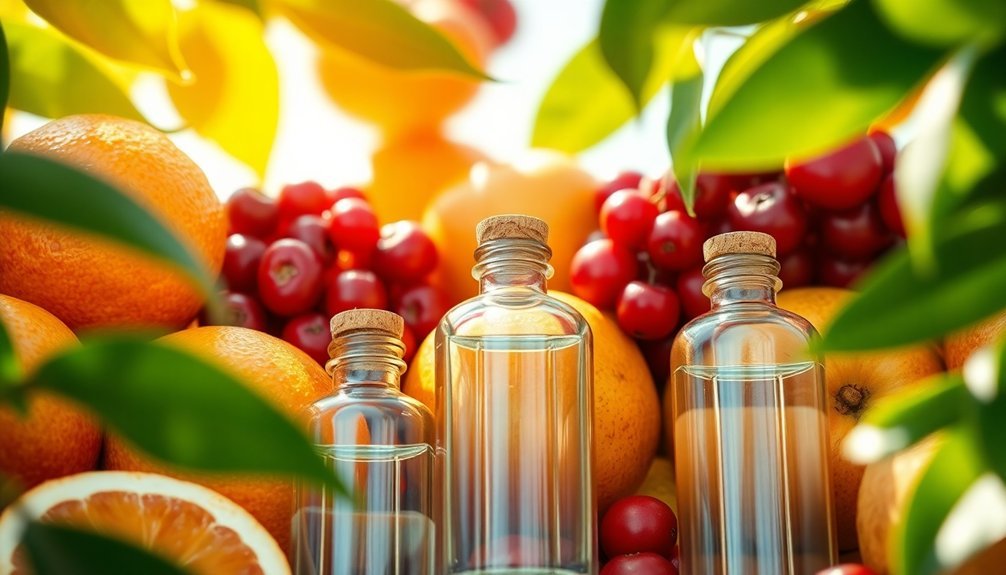
While many perfumers seek synthetic preservatives, benzyl alcohol offers a natural alternative that's found abundantly in jasmine, hyacinth, and various fruits.
You'll find this almond-marzipan scented compound in essential oils like ylang ylang, making it ideal for natural and organic formulations.
When you're formulating oil perfumes, benzyl alcohol can protect your creation against bacteria, yeasts, and molds. As a broad-spectrum antimicrobial, it provides reliable protection for your fragrances.
It's particularly effective when combined with other preservatives, though you'll need to stay within the 1% usage limit set by EU regulations.
You'll appreciate its compatibility with most cosmetic ingredients and its easy solubility in organic solvents.
Remember to conduct stability testing to guarantee it works effectively with your specific formulation, as its preservative power can vary depending on pH levels and other factors.
Sorbic Acid: Nature's Powerful Antimicrobial Shield
When you're seeking a robust natural preservative for your oil perfumes, sorbic acid stands out as a potent antimicrobial shield. This stable, crystalline compound effectively prevents the growth of harmful microorganisms like yeast, mold, and bacteria that could spoil your fragrance creations. Its effectiveness is enhanced by its colorless, needle-shaped structure which allows for seamless integration into your perfume formulations.
You'll find sorbic acid particularly valuable because it's metabolized naturally by your body into harmless carbon dioxide and water.
While it's powerful against microbes, it's gentle on your skin – you won't need to worry about adverse reactions when using it in appropriate concentrations.
The compound's undissociated form proves 10-600 times more effective than its dissociated state, making it an efficient preservative choice.
Just remember to store your preserved perfumes properly, as sorbic acid can absorb water and oxidize when exposed to humid air.
The Perfect Balance: Using Preservative Blends in Oil Perfumes
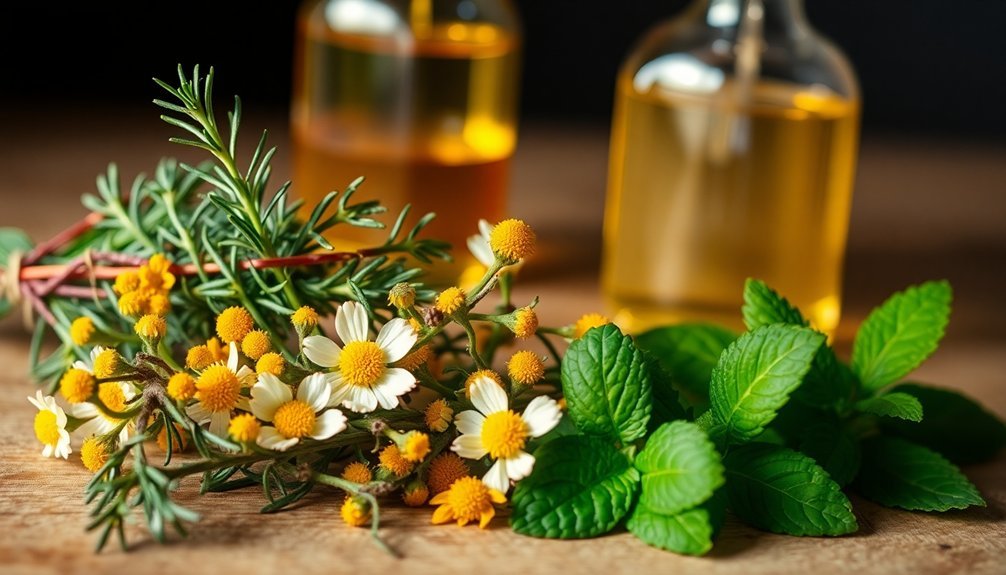
Building on sorbic acid's strengths, combining multiple natural preservatives creates an even more robust defense system for your oil perfumes.
When you're working with preservative blends like Natura Bona, you'll get the combined benefits of rosemary, apricot, and grapefruit oils, each contributing unique protective properties to your formulation. The preservative blend comes in a 2oz amber dropper bottle for precise measurements.
To achieve the perfect balance in your preservative blend, remember these key points:
- Add your preservative mixture at 1-2% of your total formulation for ideal effectiveness
- Let your blend settle for 24 hours after mixing to guarantee proper integration
- Consider using carrier oils like jojoba or sweet almond to enhance stability
You'll need to guarantee even distribution through proper mixing, and don't forget to verify IFRA compliance for each component in your preservative blend.
This approach maximizes protection while maintaining your perfume's natural integrity.
Frequently Asked Questions
How Long Can Natural Preservatives Extend the Shelf Life of Oil Perfumes?
You'll find that natural preservatives can extend your oil's shelf life by 2-4 years when properly used. It's essential that you store them correctly and choose preservatives compatible with your specific formulation.
Can Essential Oils Serve as Natural Preservatives in Perfume Formulations?
No, you can't rely on essential oils as preservatives in perfumes. While they have antioxidant properties, they won't effectively prevent microbial growth. They're great for fragrance but don't provide broad-spectrum preservation.
What Signs Indicate That Natural Preservatives Are No Longer Working Effectively?
You'll notice your preservatives aren't working when you see mold growth, detect unusual odors, observe separation of ingredients, or experience changes in texture. Watch for skin irritation after application and pH level changes.
Are Natural Preservatives More Expensive Than Synthetic Alternatives for Perfumes?
Yes, you'll find natural preservatives are typically more expensive than synthetic ones. They require larger quantities, have higher sourcing costs, need more complex extraction processes, and often demand premium prices due to consumer preferences.
Do Climate Conditions Affect the Performance of Natural Preservatives in Perfumes?
Yes, you'll find that temperature fluctuations and humidity levels directly impact your natural preservatives' effectiveness. They can become less stable or lose potency when exposed to extreme climate conditions, affecting your perfume's shelf life.
In Summary
You'll find that natural preservatives can effectively protect your oil perfumes while maintaining their organic integrity. Whether you choose benzyl alcohol from fruit sources, sorbic acid from berries, or a blend of natural preservatives, you're taking the right step to extend your fragrance's shelf life. Don't forget to test your chosen preservative in small batches first to guarantee it works well with your specific formulation.
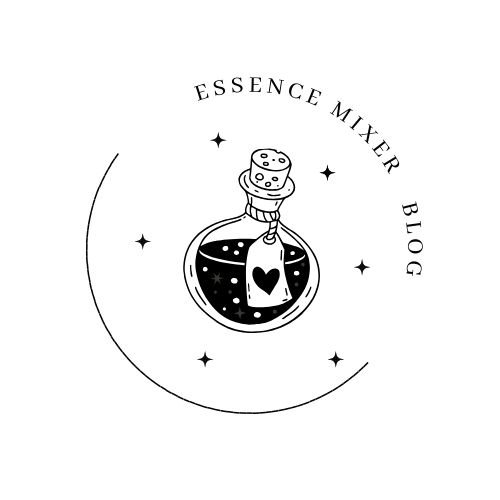
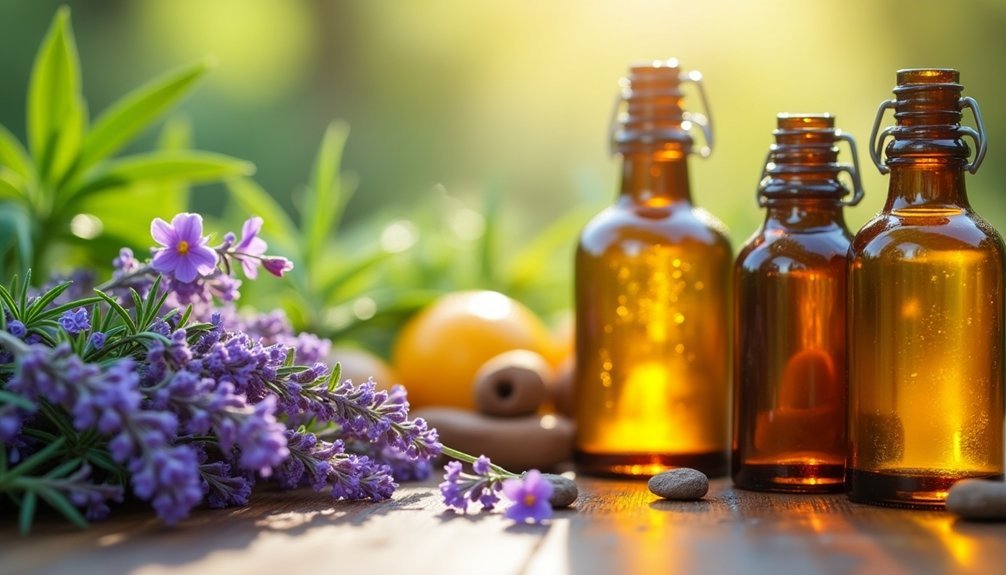


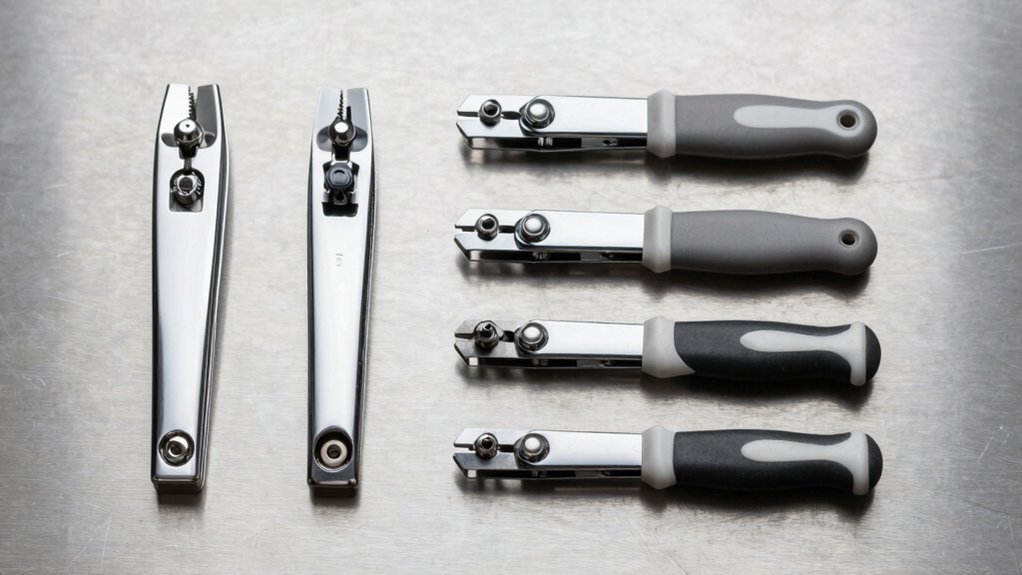
Leave a Reply